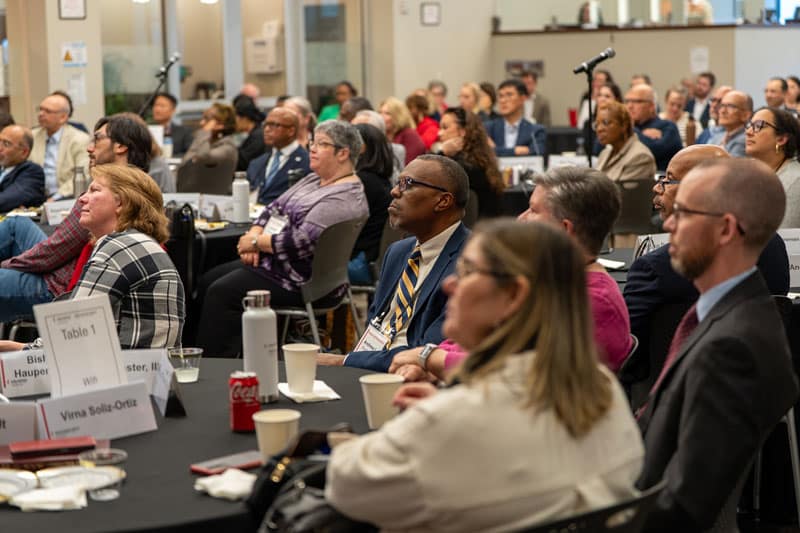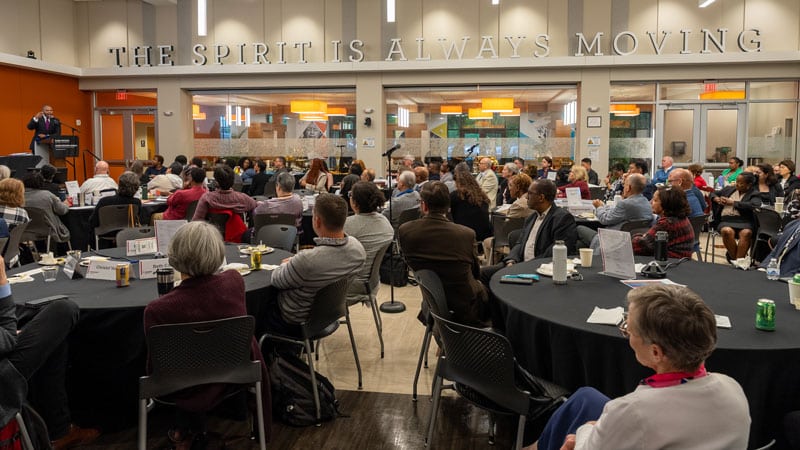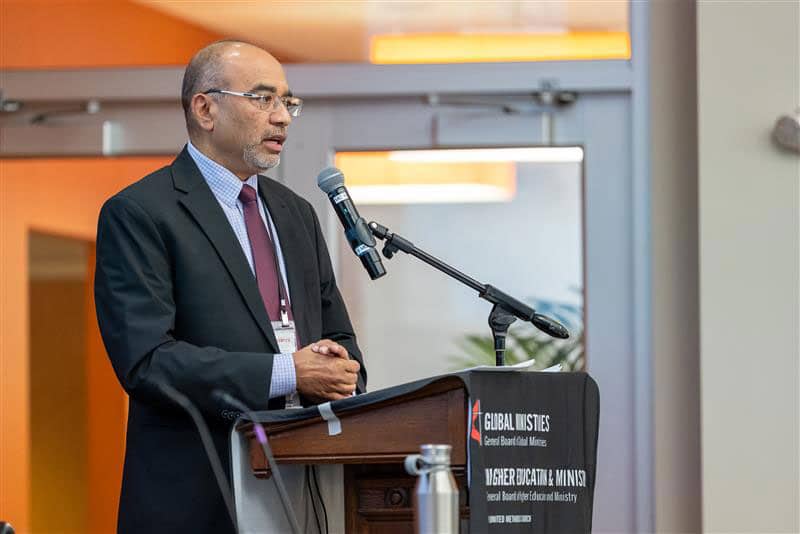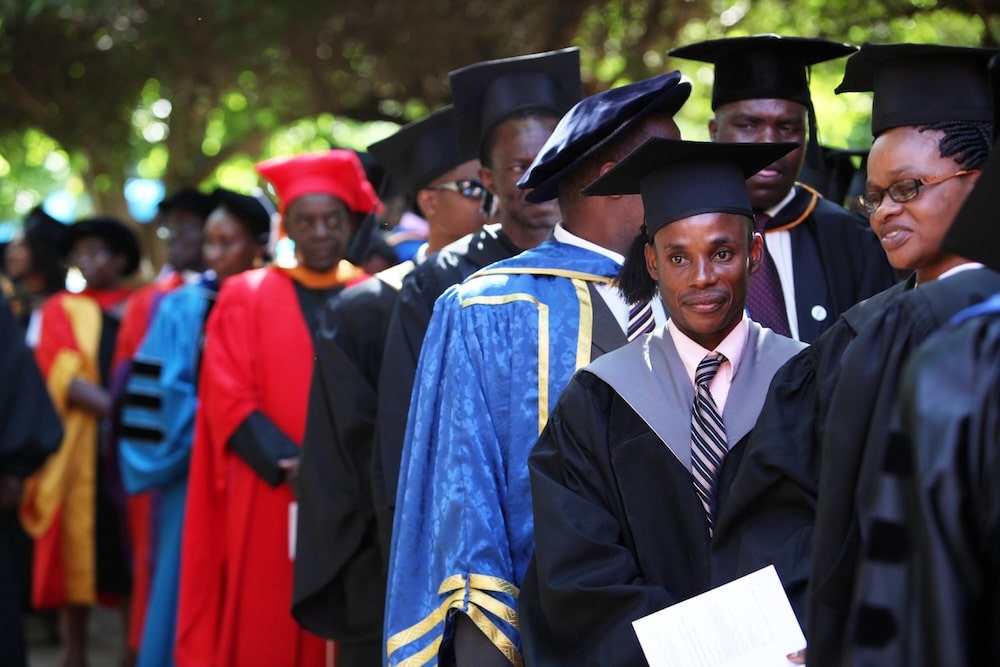Dismantling the U.S. Department of Education Harms Us All
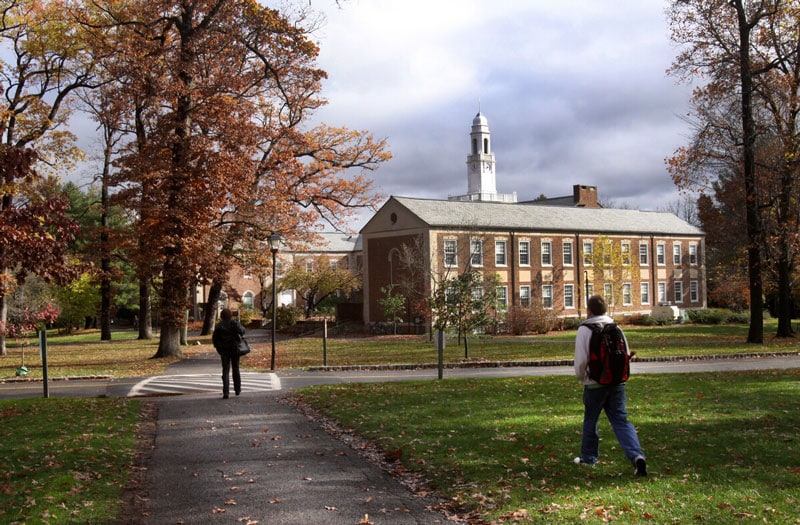
Students on the campus of Drew University, a United Methodist-affiliated school. Photo by Kathleen Barry, UMNS
By Roland Fernandes, General Secretary of Higher Education and Ministry and Global Ministries of The United Methodist Church
The General Board of Higher Education and Ministry of The United Methodist Church stands against the proposed dissolution of the U.S. Department of Education (DOE). Doing so would harm the nation’s commitment to education, especially programs at the DOE that often provide resources essential for the success of the nation’s schools, educators and students.
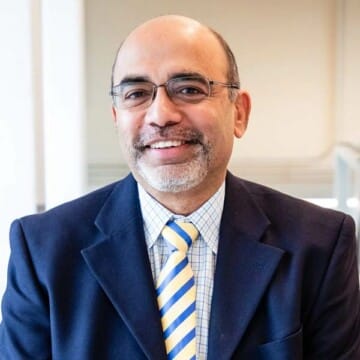
Proverbs 8:15 says, “An intelligent heart acquires knowledge, and the ear of the wise seeks knowledge” and Jesus states that those who follow his teaching “will know the truth” (John 8: 31-32). John Wesley, the founder of Methodism, followed these sacred biblical precepts and upheld education as a means of grace, a tool for spiritual and social transformation and an essential component of human flourishing. Knowledge and faith go hand in hand.
Moreover, the Social Principles of The United Methodist Church describe the denomination’s continuing commitment to the importance of education as a fundamental human right. These principles forcefully encourage and promote efforts to eliminate barriers to education, such as poverty, discrimination and inadequate resources.
As the largest provider of student financial aid in the nation, the DOE makes college and career schools possible for millions of students each year, providing a path to productive careers and supporting the flow of skilled graduates into the U.S. economy. To dismantle the DOE and the vital student financial aid programs that it oversees would undermine the fundamental principles of justice and opportunity, disproportionately harming students who rely on educational opportunities and standards of excellence across the nation to break cycles of poverty and systemic inequity. It would also hurt the U.S. economy.
The United Methodist Church is a denomination with a long history advocating for public education and a historic legacy of advocating for educational opportunities for all people regardless of race, class, or gender. For decades now, United Methodists have supported greater access to education through student scholarships and advocated for Methodist-related schools, colleges and universities.
As United Methodists, we cannot remain silent in the face of such a fundamental threat to the common good. We urge the preservation of the Department of Education, including its invaluable programs, as a defender of equal opportunity and a reflection of our shared belief that all people – created in the image of God — deserve the chance to grow in wisdom, grace and knowledge.
We must not diminish our collective capacity to seek truth and advocate for justice. To compromise education is to forsake our future.
Related Posts
The General Board of Higher Education and Ministry (GBHEM) approved a one-time Methodist Educational Fund (MEF) subsidy of $400,000 to each of the 13 United Methodist theological schools at its spring 2025 board of directors meeting.
Presentations from partners energize Global Ministries and Higher Education and Ministry board members, inspiring questions on how the church might be uniquely positioned to meet this moment of increased suffering around the world.
Report of General Secretary Roland Fernandes to the Board of Directors of Global Ministries and Higher Education and Ministry
